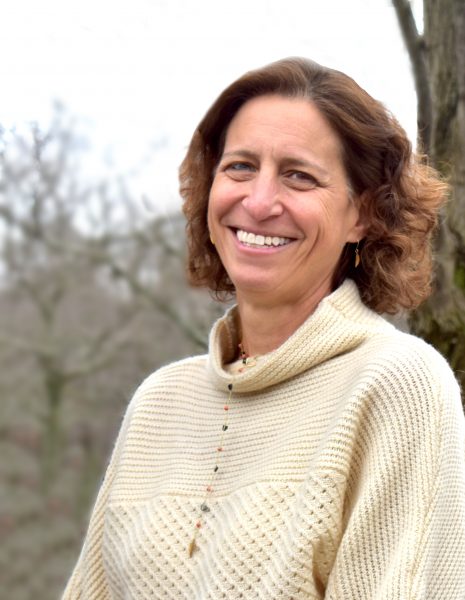By Sue Gelsey
As I look proudly across the JCC field, I see JCCs (Jewish Community Centers and Jewish Community Camps) that remained open during the early months of the pandemic, consistently serving those most in need and the families of essential workers. I see JCCs that reopened as soon as they were permitted to, the first in their community to carefully and thoughtfully open their doors to a wary and weary community in true need of connection. I see JCC schools and camps that were the first (and, at times, the only) organizations offering such services in their community—meeting the educational, social, spiritual, and recreational needs of children and families. The list goes on and on, and pride abounds.
Amidst it all, I know that as JCCs manage day-to-day operations with reduced resources and ever-changing health guidelines, they also must responsibly and proactively plan for the future. Although it is challenging to make predictions in the best of times, it is especially complex to do so as the pandemic continues to produce upheaval. Yet, we know the world is transforming and Jewish communities are changing, and JCCs will again be counted on to lead their communities with critical planning. With gratitude to Jewish Federations of North America (JFNA) through grant support from the Jack, Joseph and Morton Mandel Foundation, JCC Association of North America was the first continental-wide Jewish organization to embark on a coordinated scenario planning process to customize tools for the JCC field to plan for the futures of their communities.
In this context, scenarios are vehicles to help leaders gain a better understanding of how complex and uncertain factors can play out in different ways—how a combination of social, technological, economic, health-related, environmental, and political dynamics might lead to different conditions under which our members, donors, partners, and community stakeholders might live. Scenarios are based not only on what we know to be true today, but also on the multiple directions in which current key tensions could resolve and the way new developments could further affect the community. They are not about planning a perfect, fool-proof strategy, but rather about identifying a portfolio of actions to stay resilient. Scenarios allow us to imagine and rehearse different approaches, plan strategically, structure complex conversations, agree on assumptions regarding potential risks, and make thoughtful decisions for the future.
To prepare JCCs to conduct scenario planning, JCC Association convened a 20-person task force comprising JCC executives, JCC Association board members and professionals, and external voices to build resources customized for the JCC field. Early JFNA-led workshops resulted in scenarios for the entire Jewish communal world, with analysis built around two primary uncertainties:
- The level of financial stability within our communities
- The extent of civic and social gatherings
Using these uncertainties as the starting point, various details were layered into each scenario to create clarity about how each of four primary scenarios would look and feel. As a result of these early efforts and the resources developed by the task force, JCCs can engage in the process directly, make the scenarios their own, and reflect on how each of four different futures will affect their community and stakeholders in the next 24 months.
The tools are built on assumptions about external, future factors and an understanding that those factors will affect the context in which the community operates. The JCC can then use their conclusions to answer other important questions:
- How do we prepare to be resilient and thrive in each scenario?
- What are the steps that we need to take today to confront the future?
- What new skills will we need?
- What new organizational architectures?
- What new coalitions should be pursued?
The process will position JCCs to lead their agencies and their communities to develop a viable path toward the future. JCCs can use these tools iteratively to navigate through today’s dynamic uncertainties and explore opportunities to create long-term value for the Jewish community in a way that works best for their own, local community.
With this thoughtful planning occurring at JCCs across North America, the JCC field will be prepared to face and shape the future with creativity and open-mindedness, sustaining its leadership role in communities from coast to coast, moving from strength to strength even in the hardest of times, and demonstrating the resilience and fortitude that are hallmarks of our amazing professionals, lay leaders, and agencies. Meanwhile, I continue to see only points of pride everywhere I look!
For more information about scenario planning for your JCC and the resources available to assist your community in this process, contact Sue Gelsey.
 Sue Gelsey is the chief program officer at JCC Association of North America.
Sue Gelsey is the chief program officer at JCC Association of North America.
Looking for other ways to stay connected to the JCC Movement? Sign up below for email updates, including our new quarterly newsletter, and visit us on Facebook, Instagram, and Twitter.